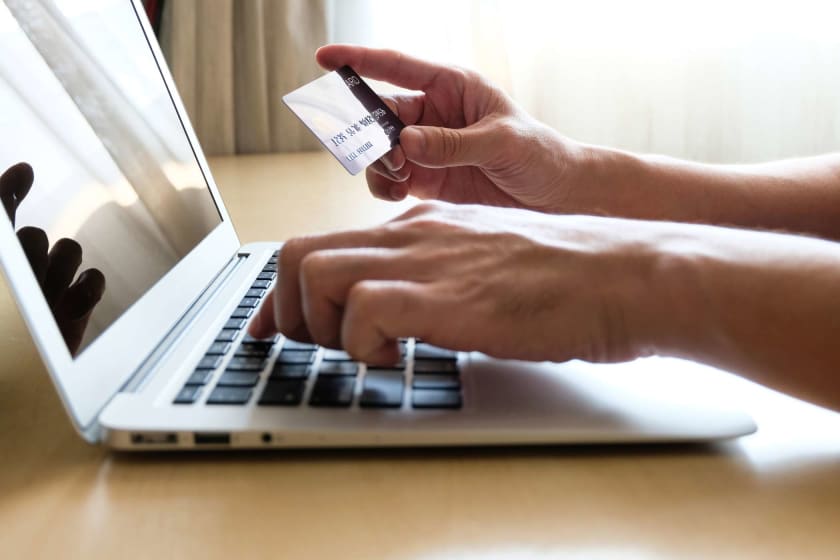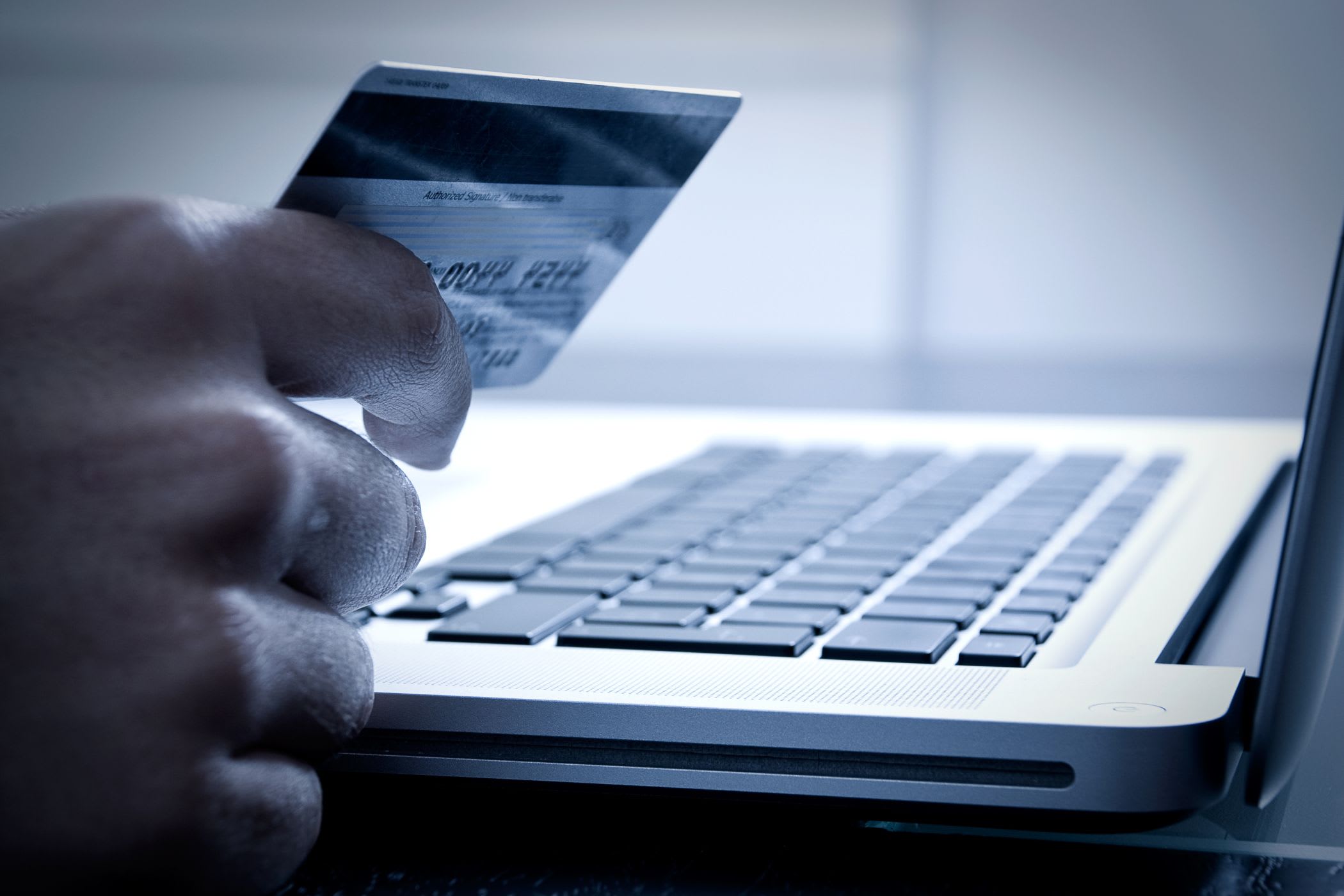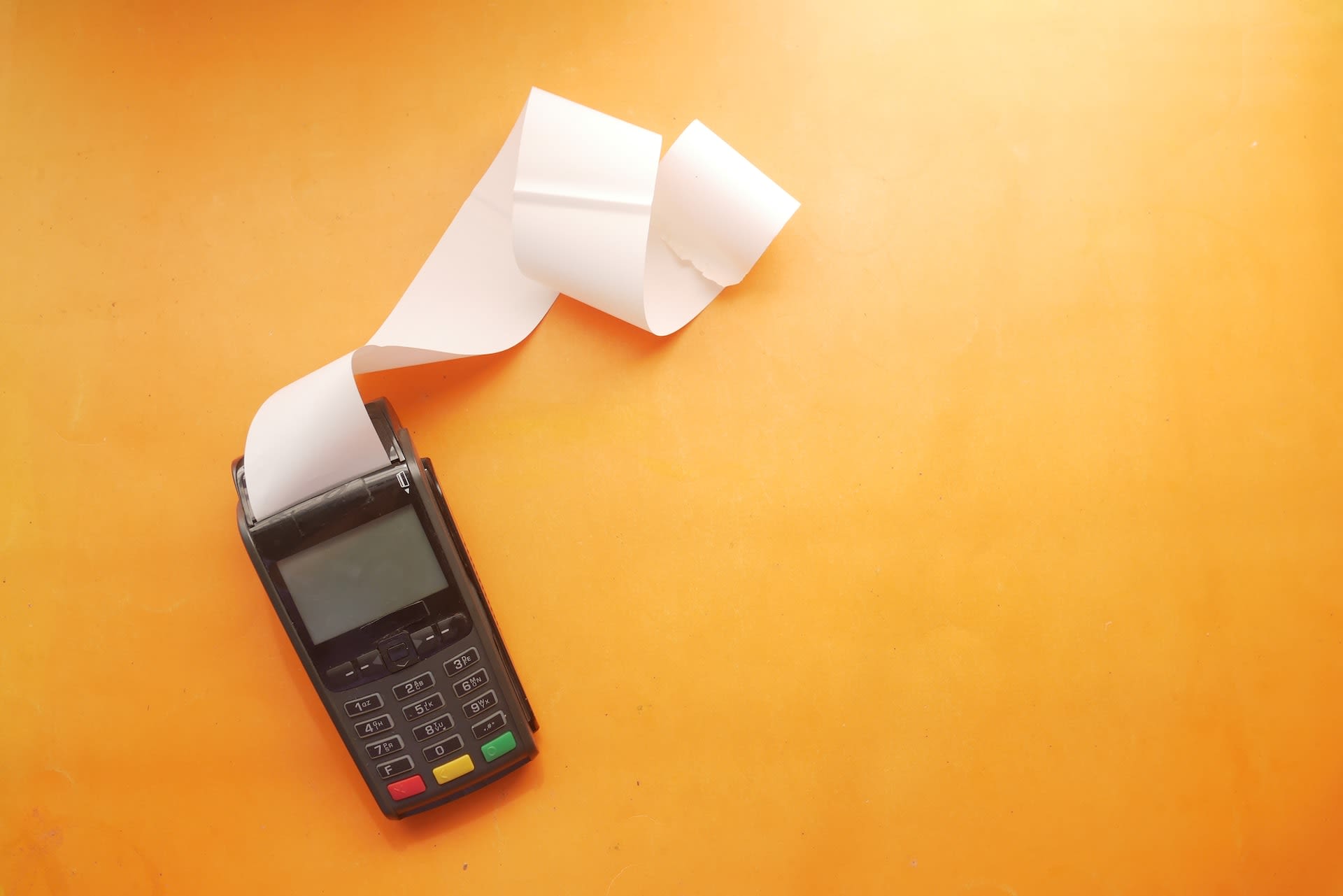Step-by-Step Purchase Order Process And Ways To Streamline It



Businesses around the world constantly face cutthroat competition from each other. At times like this, it is important to have an efficient system to keep businesses ahead.
A very important part of the Apparel industry is the purchase order. A purchase order is an official document made by a buyer to a vendor to purchase a set of goods and services. Whether ordering raw materials for manufacturing or stock items for a retail business, it cannot be done without a valid purchase order. It is an essential document that keeps track of the finances and inventory of a business.
A purchase order goes through a few steps from its creation to its closure. This is called a purchase order process. A smooth purchase order process is the essence of any apparel manufacturing or retail industry as any delay in procuring the inventory can put a stop to the business.
Let us delve deep into the topic of purchase orders to understand them fully.
What is a purchase order?
A purchase order is a legal document that binds the buyer and the supplier under a contract. A business will create a purchase order whenever they need to procure inventory. It is official proof of the purchase of any goods or services by the business. Therefore, a purchase order is an essential document used for audits.
A good purchase order should contain the following details-
-Name and address of the buyer
- Purchase order number
- Name and address of the chosen supplier
- Date
- Details of the goods and services required
- Price of the mentioned goods and services
- Payment information.
Why is a purchase order important for a business?

A purchase order is a legal document that binds the buyer and the supplier under a contract. Usually, a lead buyer is in charge of making a purchase order. It should also go through multiple other personnel who will be affected by the purchase so that there are no recurring issues. However, the purchase order has to be approved by a higher authority for it to become legally valid. It helps the business have more financial control over its purchases.
A good purchase order helps to have a streamlined repurchasing system from either the same supplier or the same set of goods from different suppliers. Also, it helps track consignments easily. Since the purchase order is a legal document, it can be used as evidence for any legal proceedings, if necessary, thus safeguarding the business.
Step by step purchase order process-
As mentioned earlier, a purchase order goes through a few steps from its creation to its closure. A standard purchase order process has the following steps-
1. Creating a purchase requisition (PR) form-
The first and foremost part of creating a purchase order is to identify the need to purchase. A fast depleting or a nearly nil inventory gives rise to a purchase requisition form. This is raised by employees in charge of the inventory. It acts as permission for the purchase, which needs to be approved by the higher authority. A purchase requisition form can be canceled or altered accordingly. A good purchase requisition form should contain the details of materials to be procured along with other details like quantity required and time frame.
2. Send a Request for Quotation ( RFQ)-
After the purchase requisition form is approved by the higher authority, it is sent to multiple vendors for a quotation. While choosing vendors, it is very important to do some background checks. A vendor that fulfills the purchase order according to the terms and conditions set by both parties is an asset, especially for fashion brands that cannot afford delays. Furthermore, quotation sent to multiple vendors helps the business choose the one giving you the lowest quote, saving money. For businesses looking to expand their reach, Fashinza can help you connect with several suppliers or source products for your various manufacturing needs.
3. Negotiating the terms of the contract-
Before things are legalized, the buyer and the supplier should lay out all their terms and conditions clearly to avoid issues. This is the final step where negotiations can take place before purchase requisition becomes legally binding. If both parties agree, things move forward. To protect the interest of the supplier, sometimes they may ask the buyer to provide a guarantee for the order. This may be in the form of part payment of the order, paid to the supplier at this stage. This usually happens when buyers associate themselves with a new supplier. After receiving the advance, the supplier gets ready for the official purchase order.
4. Issuing a purchase order-
This is the next step in the purchase order process. At this stage, the buyer creates a purchase order, mostly digital, penning down the goods/services to be purchased. It also mentions other details such as the purchase order number, date of the order dispatch, and the amount agreed upon by both parties. The purchase order number is a unique number given to all purchase orders to help identify and distinguish them easily. Once the supplier goes through all the fine print and accepts the order, it becomes a purchase order, a legal document that binds the buyer and the supplier under a legal obligation.
5. Receiving the order-
The buyer waits for the order to be delivered by the supplier on the agreed-upon date. Upon receiving the order, quality checks are conducted. This is the step where the buyer performs three-way matching. It is to check if the invoices are legitimate. Here, the person receiving the goods matches the invoice, purchase order and the Goods Received Note (GRN) to ensure that there are no discrepancies. He also checks the quality of the materials supplied by the supplier. The products should meet the standards set by the buyer before accepting the order. Issues, if any, should immediately be brought to the notice of the supplier.
6. Payment and closure of the purchase order-
Once the order is complete, the final step is the payment. The buyer settles the payment to the supplier in full at this stage. It is then that the Purchase order process comes to an end.
Importance of an efficient purchase order system-

With so many steps involved, an efficient and timely purchase order process is of utmost importance. However, a few glitches may happen, which may delay the process, resulting in losses for the business.
While most fashion businesses rely on manual purchase order processes, it comes with its own set of challenges.
A manual purchase order process may not be the best way to handle a purchase order process of a business, especially in times where everything is computerized and automated. Also, the margins of error greatly increase in places where many people are involved in the process. This is also very time-consuming.
However, an automated purchase order process will help eliminate all these issues. A streamlined purchase order process is a way forward for an efficiently running business.
Here are a few ways in which fashion houses can optimize and streamline their purchase order process-
1. Create a centralized purchase order system-
Creating a purchase order system that is accessible to all the departments of the business will reduce the chances of ugly surprises. A centralized purchase order should go through every department before it is sent for approval. This way, the needs of all departments can be met. An easily accessible purchase order can greatly eliminate the chances of duplicate orders. It also increases efficiency among workers if the information they need is right at their fingertips.
2. Make the switch to electronic purchase order systems-
Purchase order systems made on pen-paper are outdated and slow. Embracing electronic systems will help reduce the chances of human error, duplication of orders and also greatly reduce the time taken to complete a purchase order cycle. It makes it easier to edit or revise previous purchase orders. An automated purchase order process is a boon for audits as well.
3. Link it to a centralized inventory management system-
An automated purchase order system, when linked to a centralized inventory management software, will help businesses create purchase orders seamlessly without the hassle of human intervention. A significant reduction in inventory turnaround means less delay in the business process and more profits along the way.
4. Using bar code scanner for inventory management-
Bar code scanners are the latest technology used by businesses to streamline their inventory. Using bar code scanners for incoming and outgoing materials can help workers link orders to specific purchase orders. This way, packages can be prioritized and placed strategically, optimizing labor time.
5. Check for pending payments-
Having a good reputation with a supplier may get the buyer preferential treatment. This, in turn, may lead to special discounts or negotiating certain terms of the contract, such as minimum order quantity. For an apparel business, this may mean more profit margins. Therefore, it is essential to set up a good payment system to avoid late payments.
6. Connect with online manufacturing platforms like Fashinza-
The easiest way to streamline your fashion business is to connect with online B2B apparel manufacturing platforms like Fashinza. We help take businesses forward by helping you source clothing, connecting you to suppliers around the world, or even taking over the entire manufacturing process. We manage everything from sampling, sourcing raw materials, designing, and production to packaging and delivery while you sit back and focus on your customers.
At Fashinza, the goal is to solve supply chain challenges, bringing the best of innovation and technology to manufacturers and suppliers. So get in touch with us if you want to get your apparel business moving forward.



















